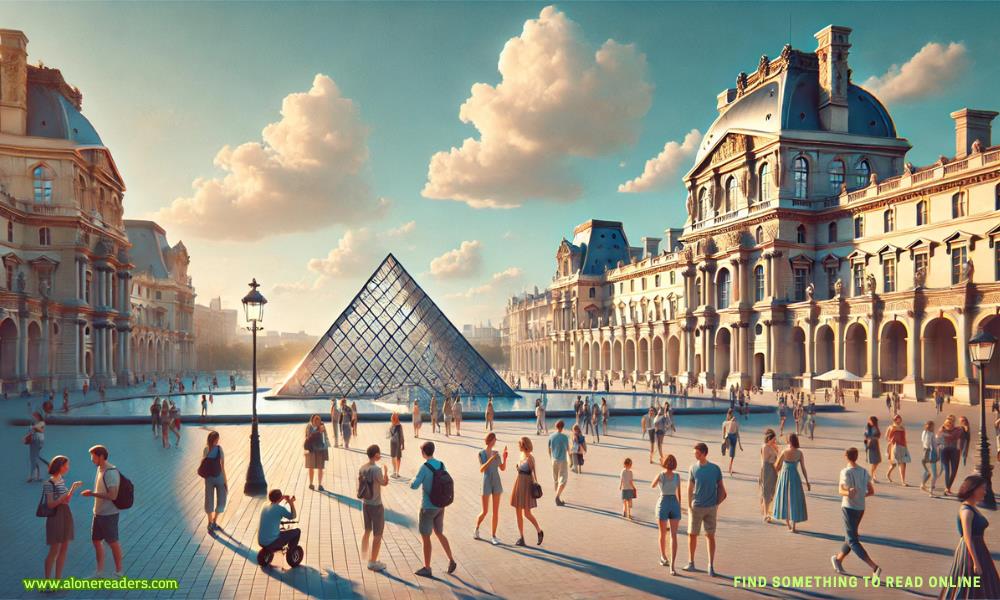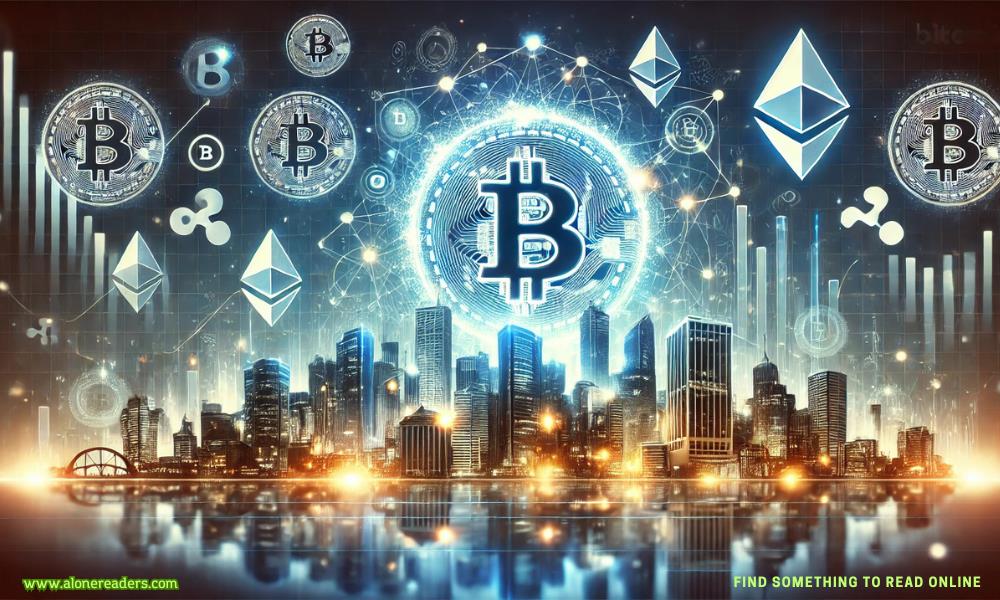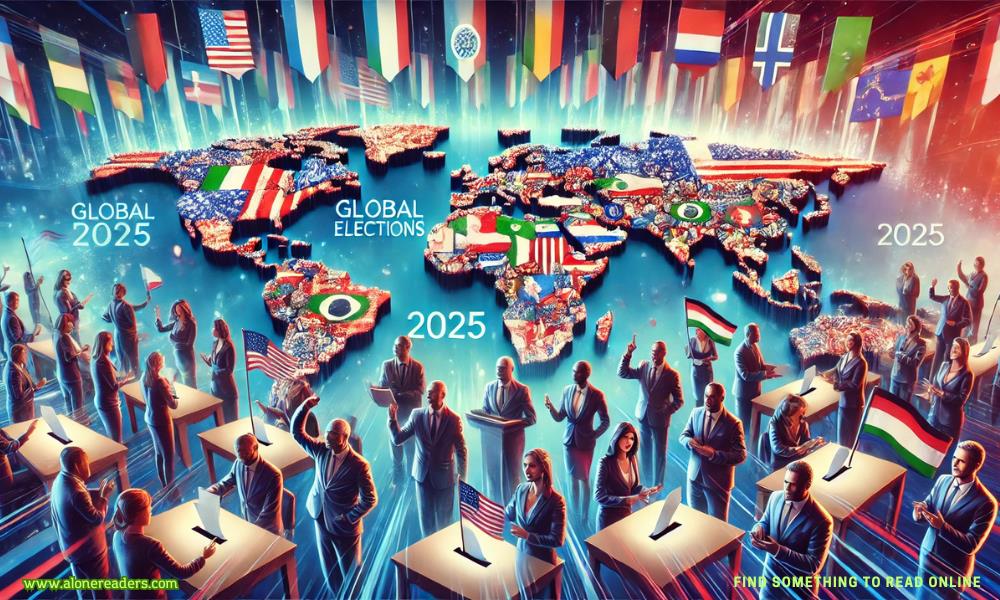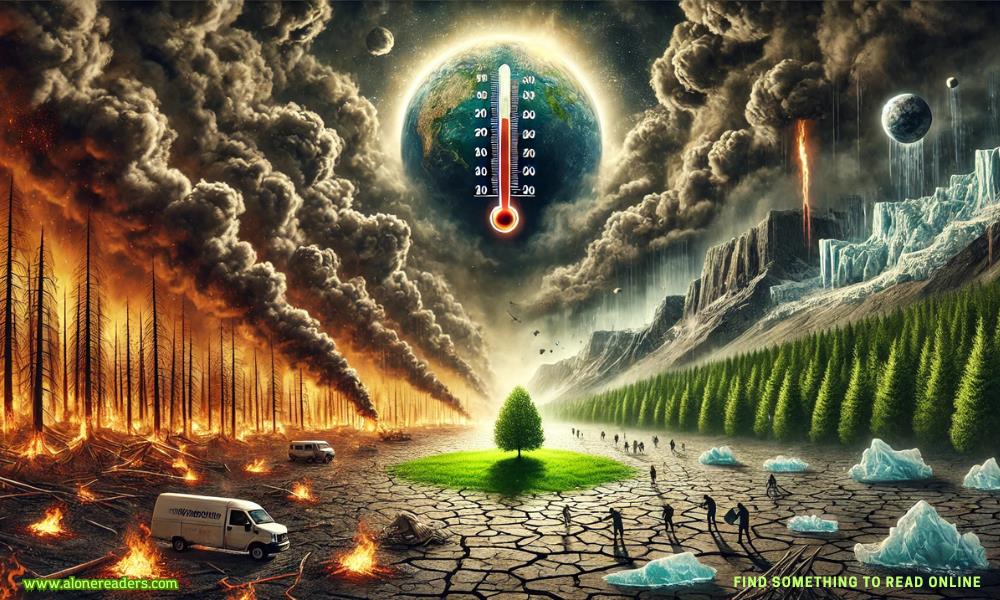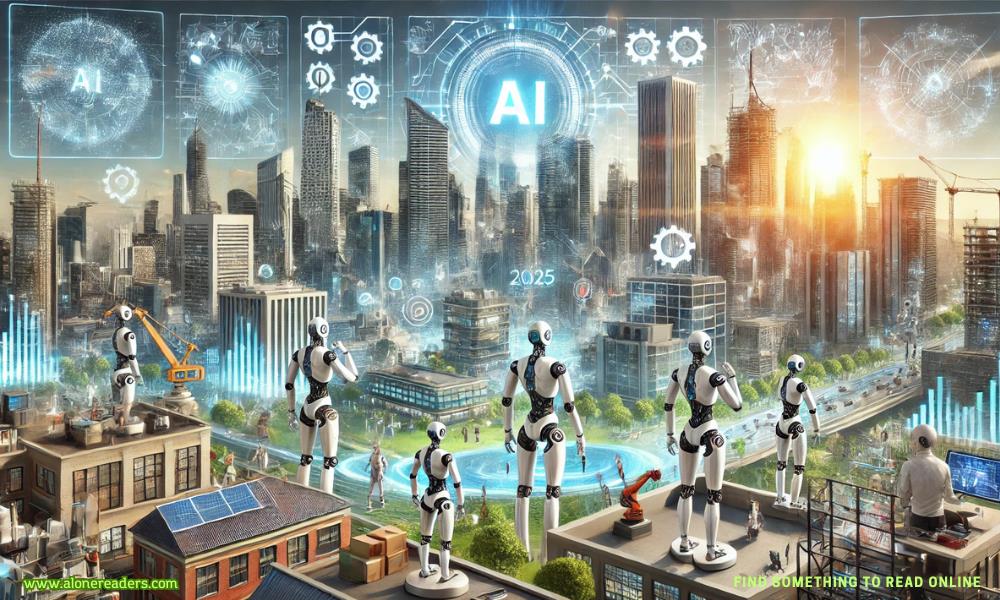Page 22 of Mission Shift
She jabbed a finger into my chest. “That guard wasn’t a child. He was a soldier. A soldier who would’ve sounded the alarm and gotten us both shot or dragged back to that hellhole within minutes. A soldier who shouldn’t have questioned a lieutenant colonel in the Special Intelligence Division. But of course you wouldn’t understand that, would you? Because you’ve lived your whole life in a bubble.”
I grabbed her wrist, yanking her toward me, and she froze. “Don’t you dare lecture me on what I don’t understand!” I roared.
Her chest heaved, and for a moment, we were locked in a silent standoff. Her lips pinched together, her eyes blazing with anger.
“You thought playing humanitarian would make you a savior?” she hissed after a few tense heartbeats, jerking free of my grip. “You don’t have a clue what this war is about or who I am. Why are you even here? What are you trying to prove?”
Her words hit a little too close to home, since I’d already been doubting my quick decision to follow Nik across the world. “I came because…” I paused, searching for the right words. “Because I wanted to understand. I wanted to see the truth with my own eyes. Not through some screen or filtered news story. I needed to know what was really happening here and outside of mybubble. To…to be a better man. A better person. I didn’t want to sit back, clueless and safe, being spoon-fed my ideologies by lying cons.”
She shook her head, screwing up her face like she’d just bitten into a lemon. “And now that you’ve seen it? What? You’ll go home and post about it on social media? Join the list of your fellow citizens who think sending thoughts and prayers will stop Russian bombs?”
“That’s not fair,” I fired back. “I’m trying to do the right thing—help somehow.”
“Help?” she barked. “You think this is help? Do you know how many Ukrainians are dead because your government and Europe tied their hands behind their backs? Do you know what it’s like to fight a war where the enemy is my own people attacking innocents with tanks, drones, and missiles while they’re stuck waiting for scraps of aid?”
She rose up on her toes so that we were eye to eye. “Ukrainians gave up the third largest nuclear arsenal in the world because the US and Europe promised to protect them and allow them into NATO! And what did they get? Sanctions and a pat on the head instead. The delay in allowing them to join NATO has kept Ukraine at a tragic disadvantage. Meanwhile, Ukraine’s soldiers defend their soil with unrelenting courage, and their people refuse to bow to oppression! The Ukrainians could’ve ended this war long ago if they had what they needed. But no, the US and Europe can’t send long-range missiles or advanced jets because it mightprovoke Russia.”
She squeezed her eyes shut, shaking her head and drawing her brows tightly together. “Not to mention the hundreds of thousands of my fellow Russians that have died or been injured. They didn’t deserve this war either.”
Her words were a punch to the gut. “It’s not that simple.”
“Oh, but it is.” She scowled. “You think I enjoy shooting guys like that guard? I do what I have to because no one else will. Because this war is on the shoulders of your country and Europe almost as much as it is on Russia. And I…I took a stand. To dowhat’sright. Not what was in my own self-interest—I can tell you that much!”
I rubbed the back of my neck, my mind racing. Everything about this war was so fucked up. She was right—this was a complicated situation, and she was just one person caught up in it all. Hell, at this point, I wasn’t even sure whose side she was on. She wasn’t defending Putin’s regime; that much was clear. If anything, it sounded like she was supporting the Ukrainians. Could that be right? Maybe I needed to step back and reevaluate.
“I barely knew where Ukraine was on a map before I came here,” I admitted, my voice quieter now. “I knew what I saw on TV. What I read online. But none of it seemed real until I saw it with my own eyes. And now I can’t stop thinking—how much of what we know is even true? How much of the news is bought and paid for?”
She took a step back from me, relaxing her jaw a bit, but she didn’t respond.
“Do the Russian people even know?” I pressed on. “Do they know how much of their money—money from oil, minerals, and whatever else—goes to pay for propaganda about this war and to corrupt other country’s elections? I just read about how there was a media company in Nashville, Tennessee, of all places—Tenet Media—that allegedly took tens of millions from Russian operatives to push Putin’s lies and get him what he wanted: a president who’d do his bidding. And that’s just one example.”
Her face softened for a moment, and I caught an almost imperceptible flash of approval in her eyes. Then she hardened again. “Everyone is complicit. People hear what they want to hear,” she said quietly. “But you don’t get to judge me. Not when you’ve barely scratched the surface of who I am and what this war really means.”
I studied her intently, a piece of the puzzle finally falling into place. Her anger, her words—they didn’t fit the mold of aRussian operative. I narrowed my eyes. “You’re not on their side, are you? You’re fighting for Ukraine.”
Her gaze snapped to mine, ice-cold, but there was a flash of something—panic? No. Annoyance. “You know nothing,” she bit out.
“Then explain it to me. Because from where I’m standing, none of this makes sense. You’re Russian—at least, I’m pretty sure you are. You haven’t denied it. And I’m guessing you’re tied to someone powerful, someone with money. So what are you doing helping the Ukrainians?”
“You think I woke up one day and just…decided to play both sides in this war? That this is some grand plan of mine? I didn’t ask for any of this.”
She crossed her arms, tugging my hand up to her chest. Rolling her eyes, she slung her hands back down and huffed out in frustration. “When I was six, my father—one of the oligarchs you speak of—murdered my mother. One moment, she was alive—smiling, dancing, loving—and the next she was gone. Just like that.” Her voice wavered, but only for a second. “After that, I learned fast that survival means doing whatever it takes—being who they want you to be so they don’t destroy you too. That’s the world I grew up in.”
I could only stare at her. I was starting to understand her a little bit. It wasn’t just this war she was fighting; it was a whole lifetime of battles.
“So yeah,” she continued, her voice softer now, “I’m not some coldhearted killer who loves this shit. But I’ve had to become someone who could survive it. And if that means you and everyone else see me as the villain, so be it. At least now I’m finally fighting for something that matters.”
She stopped, snapping her mouth closed suddenly, as if realizing she’d said too much, and gave me a fierce look, daringme to respond. But for the first time, I didn’t have anything to say.
I was stunned.
How could I respond to all that? She’d opened a door into her past, and while it explained so much, it also left me grasping for a way to move forward without dismissing what she’d shared. But I also didn’t want to push for more than she’d offered, because we were virtually strangers.
“Hmm, and to think we don’t even know each other’s names,” I said, shaking my head at how mind-blowing all this was. “But then again, I’m betting you know mine, don’t you?”
She let out a dry, humorless chuckle. “Of course I know your name. It’s plastered all over the personal belongings you dragged into a war zone—phone, wallet, passport, papers about your volunteer work. Honestly, you couldn’t have made it easier for someone like me.”
I froze. “Shit.”
- The Sheikh and the Single Mom by Holly Rayner
- Extra Tight by A.R. Taboo
- Dominance by Lisa Cullen
- Buried by T.O. Smith
- Savage Claim by Bella Ash
- Savage Proposal by Bella Ash
- Inappropriately Matched by Chloe Kent
- Wilde Secrets by Melanie Hepburn
- The Devil's Torment by Tracie Delaney
- Ms. Mosley by Talena Tillman
- Stricken by N.N. Britt
- Unspoken by N.N. Britt
- Isaac by N.N. Britt
- Past Lovers by Kelex
- Bitten by Kelex
- Best Friends by Kelex
